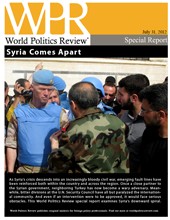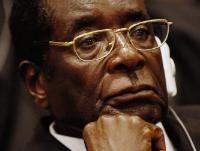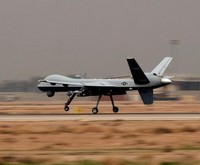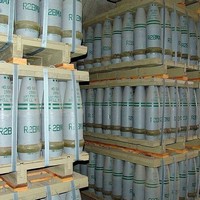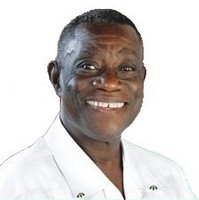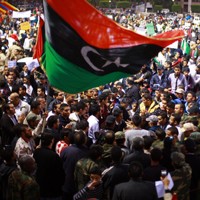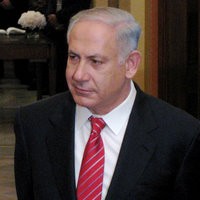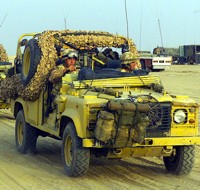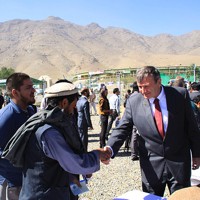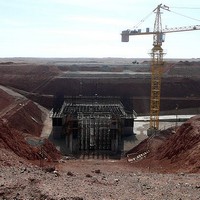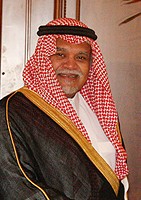
Not even two weeks after being appointed as the new head of Saudi Arabia’s foreign intelligence agency, Prince Bandar bin Sultan is again in the news, this time because of unconfirmed rumors that he has been assassinated. Bandar, who served as the Saudi ambassador to the United States from 1983 to 2005, largely disappeared from the world stage since being recalled from that post. His return to the spotlight through his promotion this month is seen as part of a shift toward a more hawkish Saudi Arabian foreign policy as the kingdom faces major challenges in the region, including but […]


